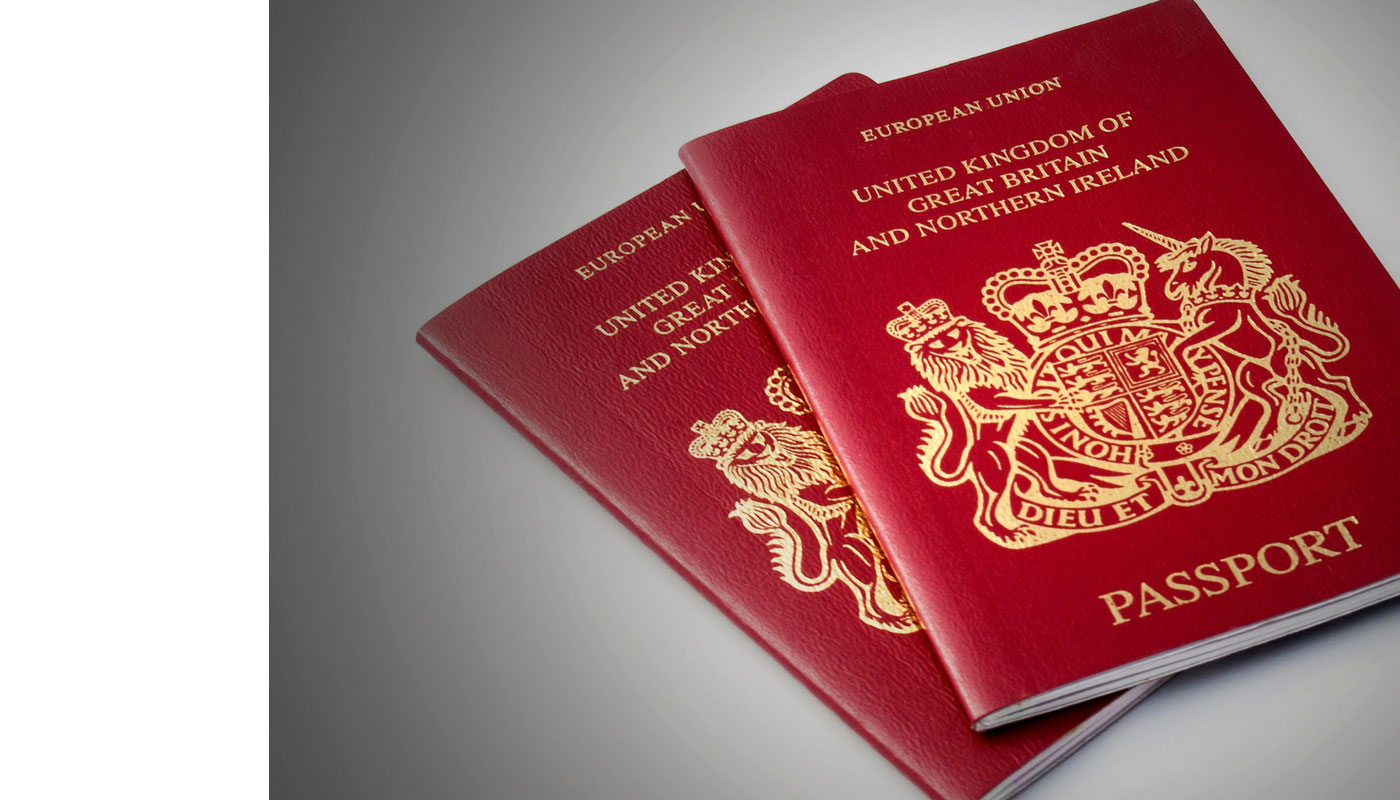Confiscation
Confiscation is described as the most difficult and draconian legal proceedings within the jurisdiction of English law.
We deal with complex confiscation, restraint, and freezing orders in the Magistrates Court and Crown Courts.
Confiscation Proceedings
Should you find yourself defending a confiscation order, you are probably a victim of the most draconian legislation ever. This legislation is complex and can have horrendous consequences, including imprisonment. Confiscation is extremely complex and often well beyond the abilities of the general high street lawyer.
A confiscation order is made after a person has been convicted. The relevant legislation is Part II of the Proceeds of Crime Act 2002 referred to as POCA, as to all cases post 24 March 2003. Prior to this, the law was slightly more favourable to the defendant, and is still sometimes relevant. A confiscation order follows conviction. The purpose is to ensure a defendant cannot benefit from the proceeds of crime.
The legislation is severe insofar as assessing the amount of benefit a defendant has obtained.
The court is entitled to make several assumptions, and in some circumstances the court may conclude that all income and expenditure in the preceding six years amounts to the proceeds of crime. Once the court has assessed the amount of benefit received from the offence – which can often lead to a form of double accounting – it must make a confiscation order for that amount unless the defendant satisfies the court that the value of their realisable assets is lower than the benefit figure.
Restraint and Freezing Orders
A restraint or freezing order affects property that may be subsequently confiscated. The Proceeds of Crime Act 2002 POCA, brought in to force in March 2003, continues to be subject to change. It enables a prosecutor to restrain or freeze assets to all realisable property and any property received after such an order has been made. It can be incredibly complex, particularly in relation to jointly owned property. The court may appoint a receiver to receive and manage your property – this can run up enormous costs for you. Restraint orders are often taken against third parties and connected individuals and may be issued prior to any criminal charges so long as a criminal investigation is underway.
Want to defeat and/or limit the extent of confiscation, restraint and freezing orders? Contact our POCA team of lawyers who will be happy to assist you.
Funding for Restraint Orders
To challenge a restraint or freezing order you will need to consider how you can fund your case. If legal aid is not available then it will need to be privately funded, either directly by you or a third party. If you are served with a restraint or freezing order; you need specialist legal advice. A response or representation is generally required in relation to the relevant order. Contact us, as we can assist, particularly regarding the funding options of your case and to assess on how much you and your dependants need for reasonable living expenses.








